In APEC, Vietnam can both cooperate and compete, promote integration while strengthening endogenous strength for sustainable development.
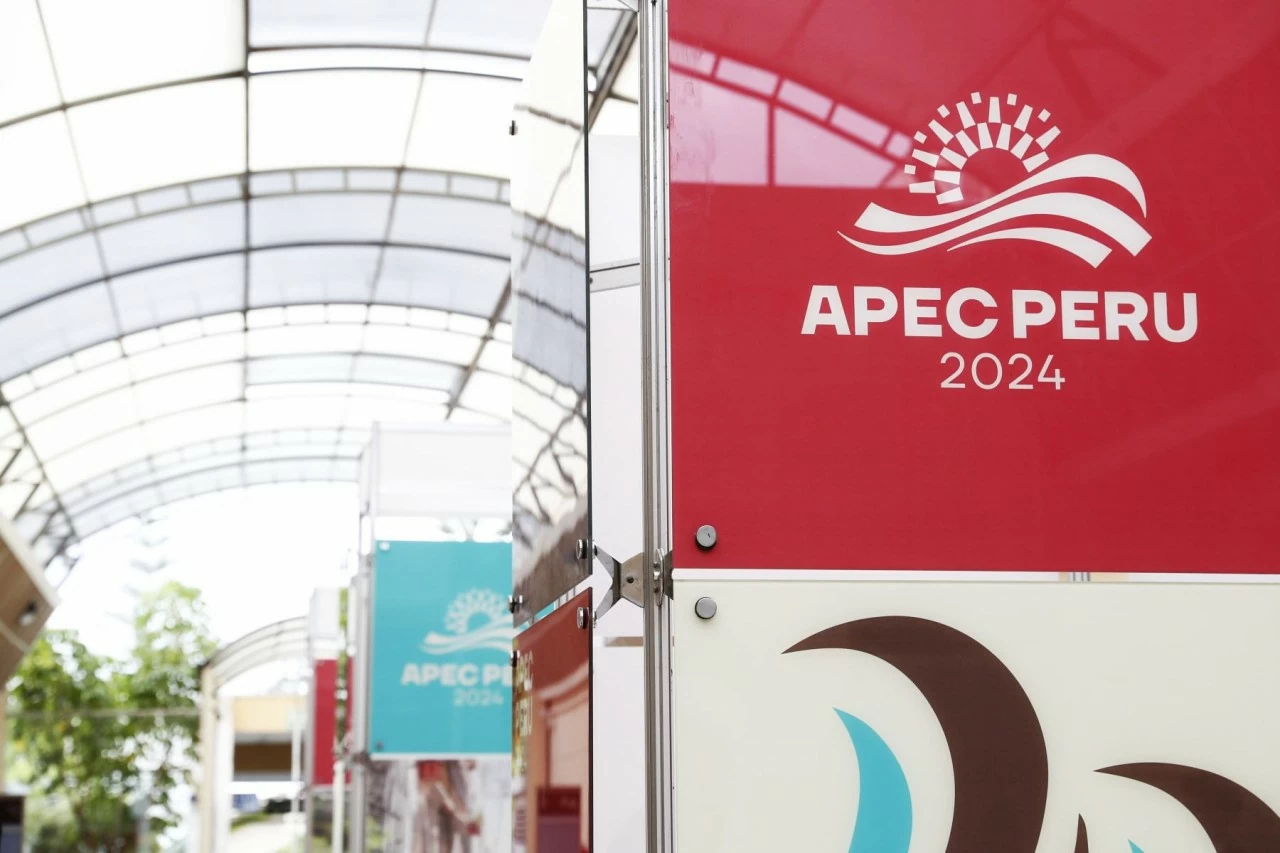 |
| The APEC 2024 Summit Week will take place in Lima, Peru, from November 10-16, with the theme “Empowerment. Inclusion. Growth.” (Source: Adina) |
Established more than three decades ago, APEC's 21 member economies include the world's three largest economies, the United States, China and Japan, along with Australia, Brunei, Canada, Chile, Hong Kong (China), Indonesia, Malaysia, Mexico, New Zealand, Papua New Guinea, Peru, the Philippines, Russia, Singapore, South Korea, Taiwan (China), Thailand and Vietnam.
Strengthening role in “global storms”
APEC is the region's leading multilateral economic and trade cooperation mechanism, accounting for about 62% of GDP and 48% of global trade in 2021. This forum promotes economic cooperation on the basis of non-binding commitments, open dialogue, consensus-based decision-making and equal respect for the views of all member economies. It is the non-binding mechanism, unlike the World Trade Organization (WTO) or other multilateral trade organizations, that has created conditions for strong integration-promoting initiatives.
Connecting economies, reducing trade barriers and narrowing regulatory gaps have boosted intra-regional trade, with average tariffs falling from 17% in 1989 to 5.3% in 2021.
Total regional merchandise trade has increased more than ninefold, far outpacing other regions. Trade in goods and services has grown at an average annual rate of 7.1% during this period, nearly double the GDP growth rate of 3.7% (Makin & Verikos 2021). The growth in trade has driven regional GDP growth from $19 trillion in 1989 to $52.8 trillion in 2021. Per capita income has also increased nearly fourfold.
 |
| Dr. Le Ngoc Bich, Faculty of Business, RMIT University Vietnam. (Source: RMIT University) |
However, in recent years, APEC has faced unprecedented challenges, from trade tensions to the Covid-19 pandemic and conflicts in many hot spots such as the Russia-Ukraine conflict and the Israel-Hamas war. These events have created an environment of instability, division and fragmentation, especially in the field of trade with a wave of protectionism in the United States and many economies.
The United States is looking to reduce its dependence on China and increase investment in its allies, following a trend called “friendshoring” — when the government pushes businesses to restructure their supply chains, shifting production away from geopolitical rivals to allies. On the other hand, China is building a network of African and European trading partners through its Belt and Road Initiative.
This practice raises concerns about the possibility of a split and global trade being drawn into the superpower rivalry between the United States and China. New IMF analysis conducted in 2023 shows that if the world splits into two separate blocs with little or no trade, global GDP would fall by more than 1.5%, equivalent to about $1.5 trillion.
In Asia alone, due to the interdependence of economies in the region, this reduction could double to more than 3% of GDP. Therefore, it requires increased dialogue and cooperation, turning challenges into opportunities, and the role of multilateral cooperation forums such as APEC becomes more important than ever.
“Renewing” APEC cooperation
While the WTO's global trade rules are becoming outdated in the face of rapid change, APEC has actively gathered support and resources from governments to build a reform plan for the WTO in areas that are lacking, typically trade in services, investment and the digital economy.
APEC also plays an important role in defending multilateral trade principles. Despite their conflict, both the United States and China have interests in APEC. APEC provides an opportunity to bring the two superpowers to the negotiating table. President Joe Biden and President Xi Jinping had a productive leaders-level meeting on the sidelines of the 2023 APEC Summit in San Francisco, California.
In particular, in the context of the global economic recovery facing multiple challenges such as escalating inflation, geopolitical tensions, climate change and pandemics, APEC focuses on promoting sustainable and inclusive development, emphasizing its key role as a forum for constructive discussions to promote international cooperation.
The APEC 2023 Summit, themed “Creating a Resilient and Sustainable Future for All”, focuses on many important issues such as supply chain resilience, e-commerce, opportunities for small and medium enterprises, and climate change. Issues related to food security, health, anti-corruption, digital transformation, and women’s economic empowerment are also at the heart of the discussions.
Looking ahead to the 2024 Summit in Peru, APEC will continue to be a platform for building trust and facilitating difficult discussions to address important shared issues.
Seize the golden opportunity
APEC plays an important role in the country's economic development. Currently, more than 80% of Vietnam's import-export turnover is with the APEC market, more than 80% of total FDI capital in Vietnam comes from APEC economies, and more than 80% of tourists to Vietnam are from APEC. APEC brings together 15/31 strategic partners, comprehensive strategic partners and are Vietnam's leading important economic and trade partners. 13/17 FTAs that Vietnam has signed are with APEC members.
Since joining APEC in 1998, Vietnam has taken advantage of the cooperation mechanism not only to promote economic integration and attract FDI but also to promote reform, improve institutions and policies, actively participate and have an equal voice with many of the world's leading economic centers in the process of building and shaping regional trade rules and agreements.
Vietnam's participation in the current context aims to enhance efficiency and make good use of cooperation mechanisms.
In the context of challenges, Vietnam now has a golden opportunity to become a leading regional manufacturing hub alongside China. To exploit this opportunity, Vietnam needs to continue to actively participate in APEC projects and initiatives, especially in the fields of digital transformation, green transformation, sustainable development and human resource development, in order to position itself as one of the most attractive options in the “China +1” model.
Instead of simply adjusting to international commitments, the Vietnamese government should adopt a flexible and responsive approach in policy making to adapt to rapid changes in the market. At the same time, there needs to be close cooperation between the government and businesses.
Learning from the successful models of economies such as Japan, South Korea, and China, the Vietnamese government should implement support programs, invest in education and technology infrastructure, establish high-tech zones, and strengthen connections between the government, universities, and businesses to focus on developing digital transformation and innovation. This will strengthen Vietnam’s position in the world and create a solid foundation for Vietnam to participate in larger playing fields and new-generation, high-standard FTAs.
APEC is not only a place to promote multilateral cooperation but also an important channel for Vietnam to strengthen bilateral relations, creating long-term and profound benefits with major strategic partners. Moreover, Vietnam can use APEC to build strategic relationships with potential economies waiting to join APEC such as Bangladesh, Colombia, Costa Rica and Ecuador. Cooperation with potential members from the Latin American region not only opens up opportunities to access new markets but also promotes dialogue and cooperation among developing countries.
With the right steps to maintain openness, connectivity, and balance in the cooperation process at APEC, Vietnam can both cooperate and compete, promote integration while strengthening endogenous strength for sustainable development.
Source: https://baoquocte.vn/viet-nam-mo-cua-ket-noi-can-bang-trong-hop-tac-apec-293584.html




![[Photo] Closing of the 11th Conference of the 13th Central Committee of the Communist Party of Vietnam](https://vstatic.vietnam.vn/vietnam/resource/IMAGE/2025/4/12/114b57fe6e9b4814a5ddfacf6dfe5b7f)
![[Photo] Overcoming all difficulties, speeding up construction progress of Hoa Binh Hydropower Plant Expansion Project](https://vstatic.vietnam.vn/vietnam/resource/IMAGE/2025/4/12/bff04b551e98484c84d74c8faa3526e0)

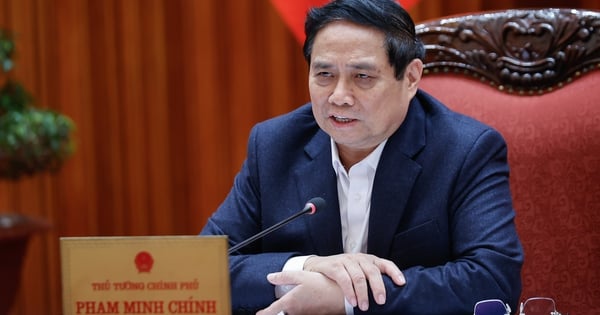

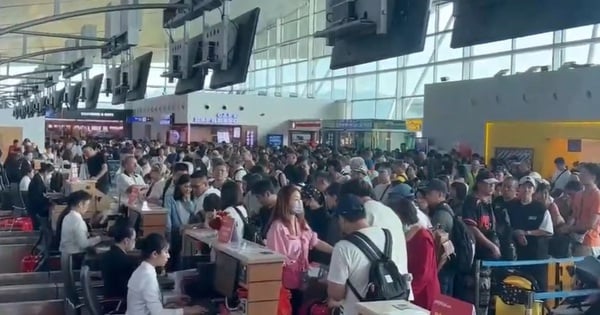




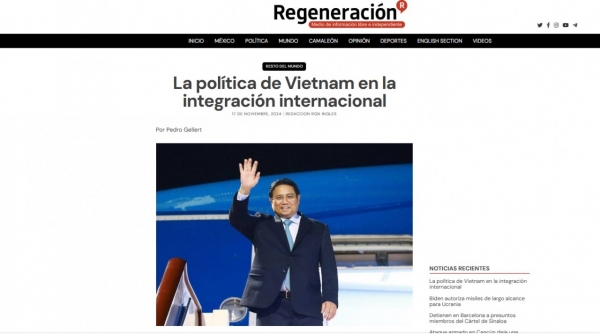
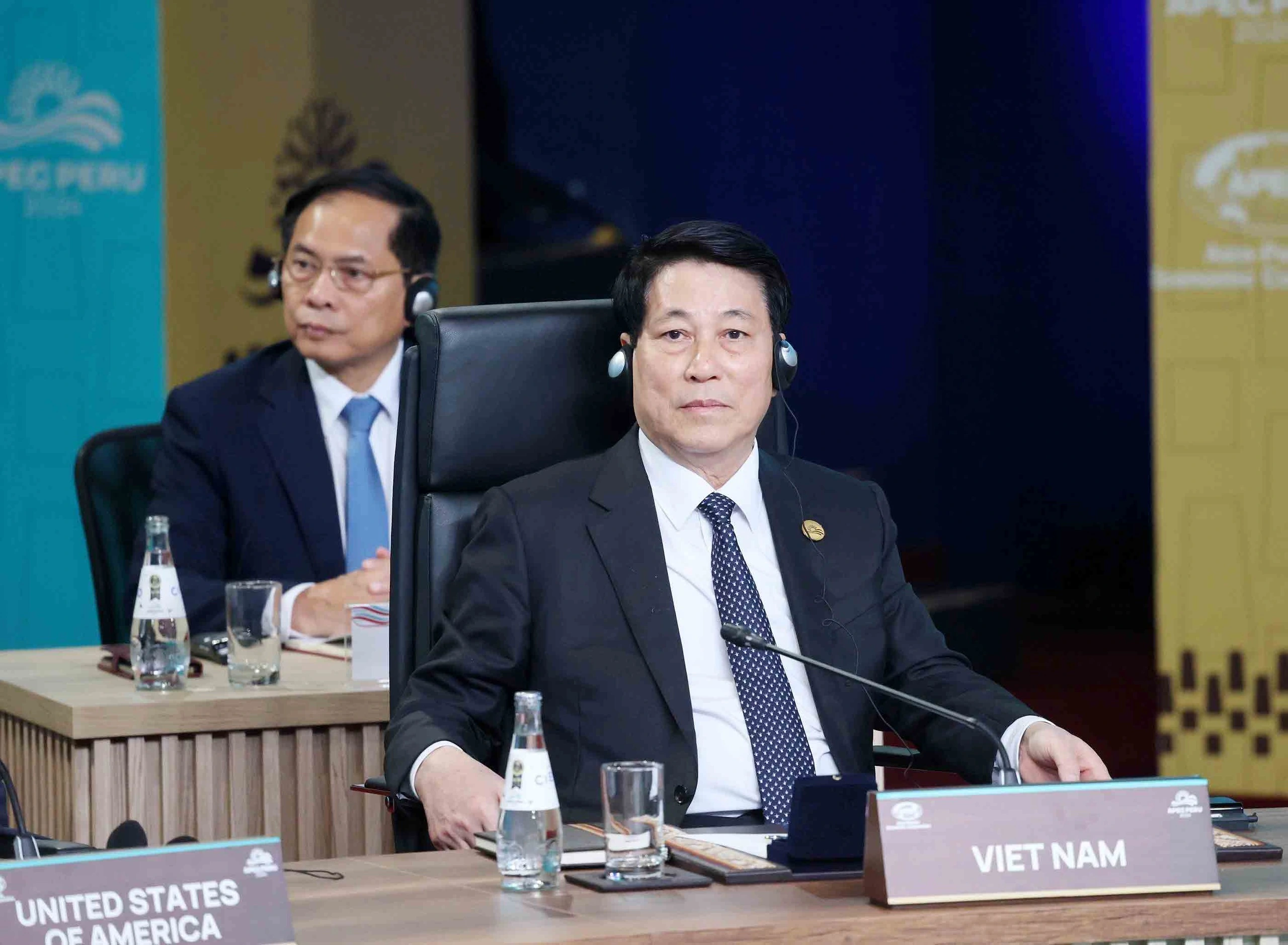
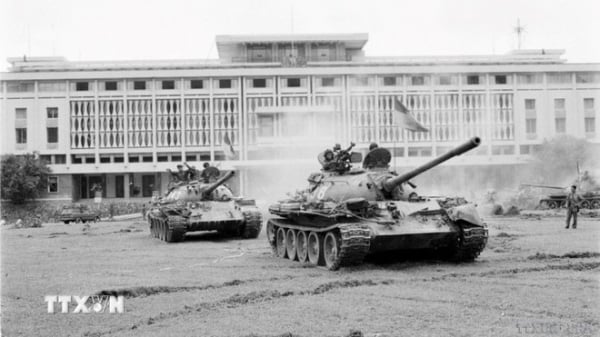
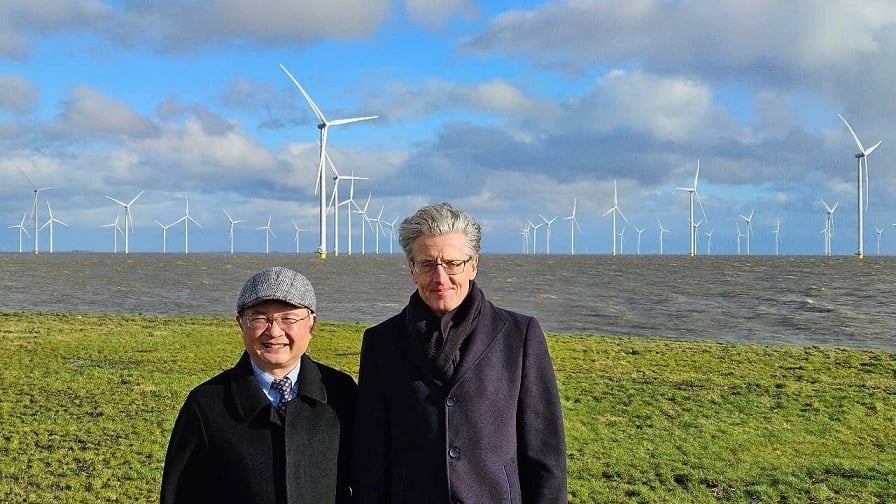
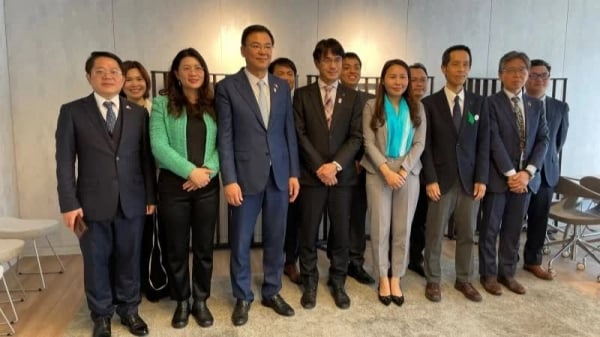
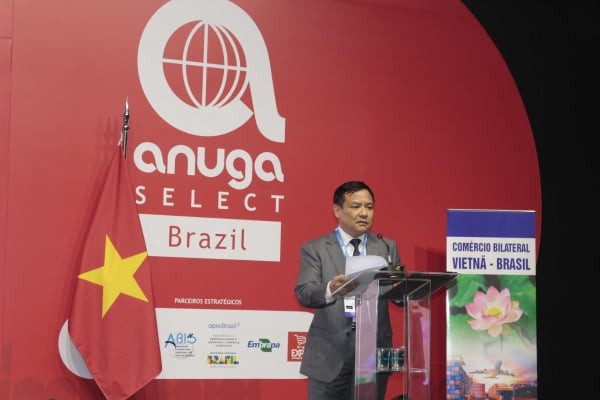
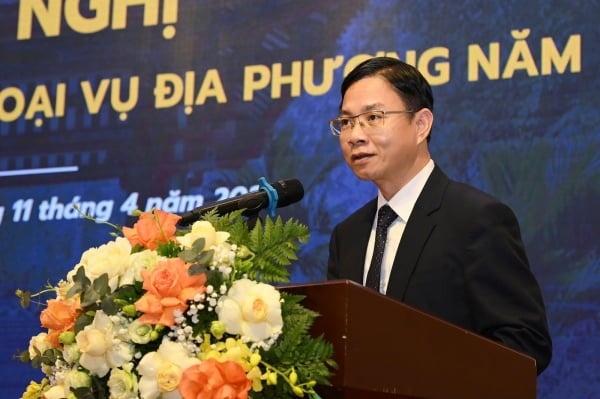
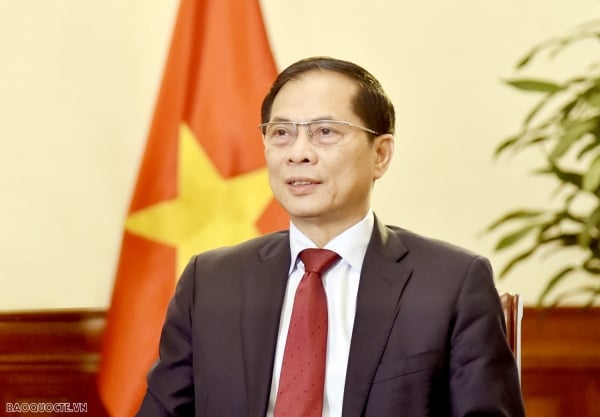





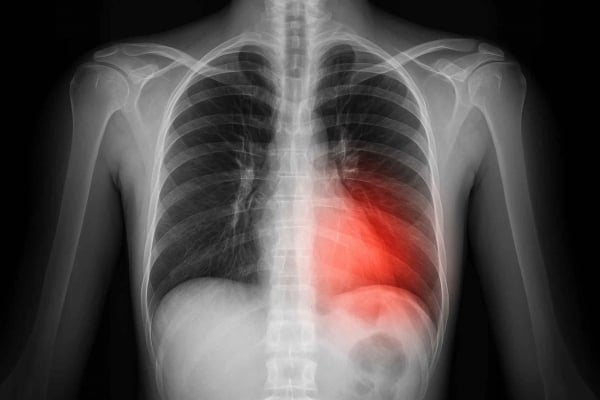

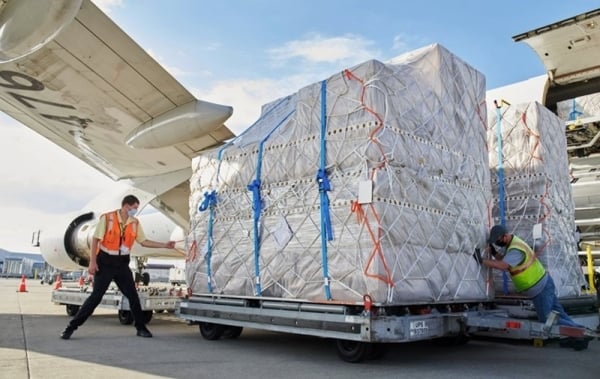













































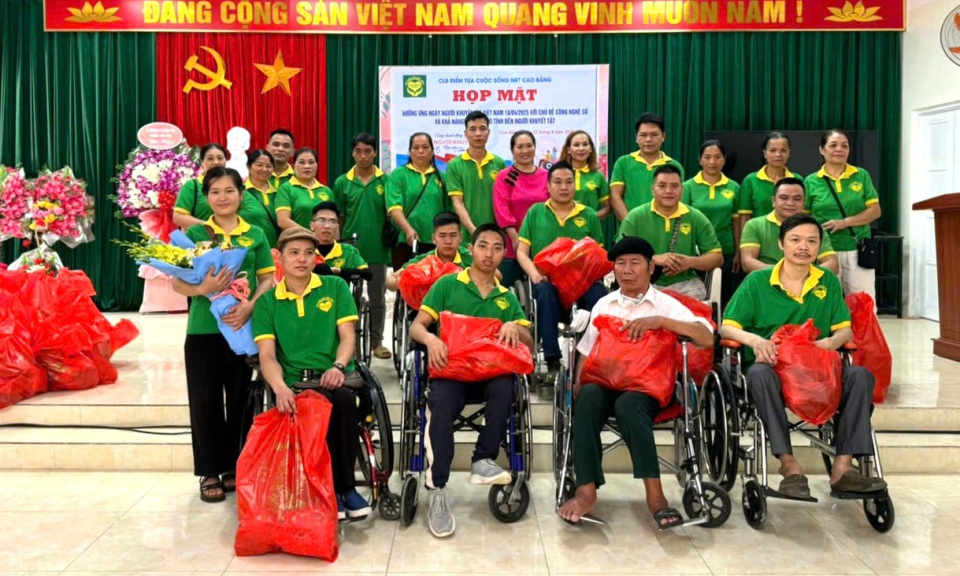

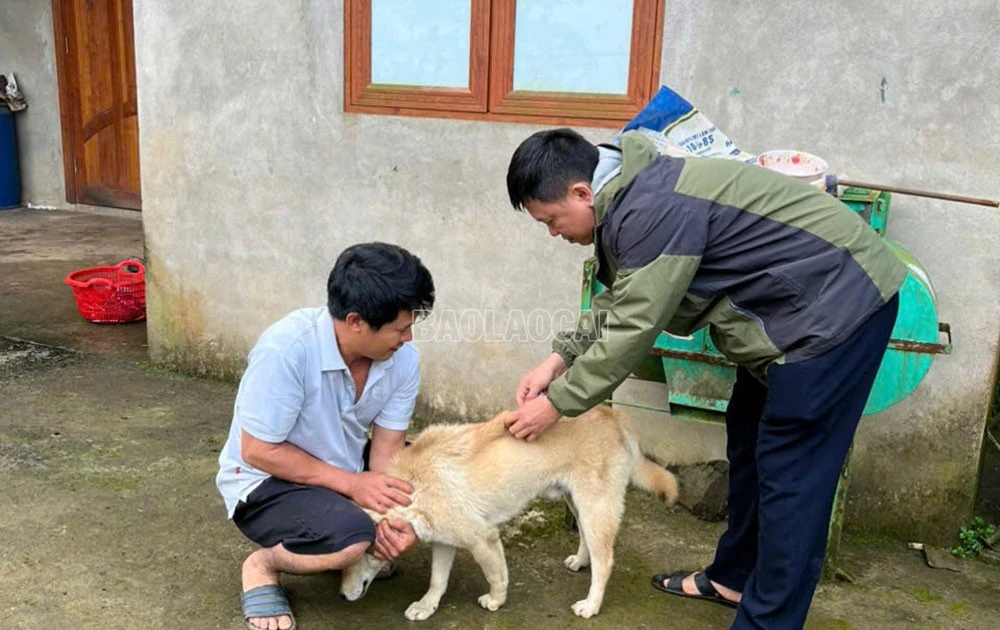




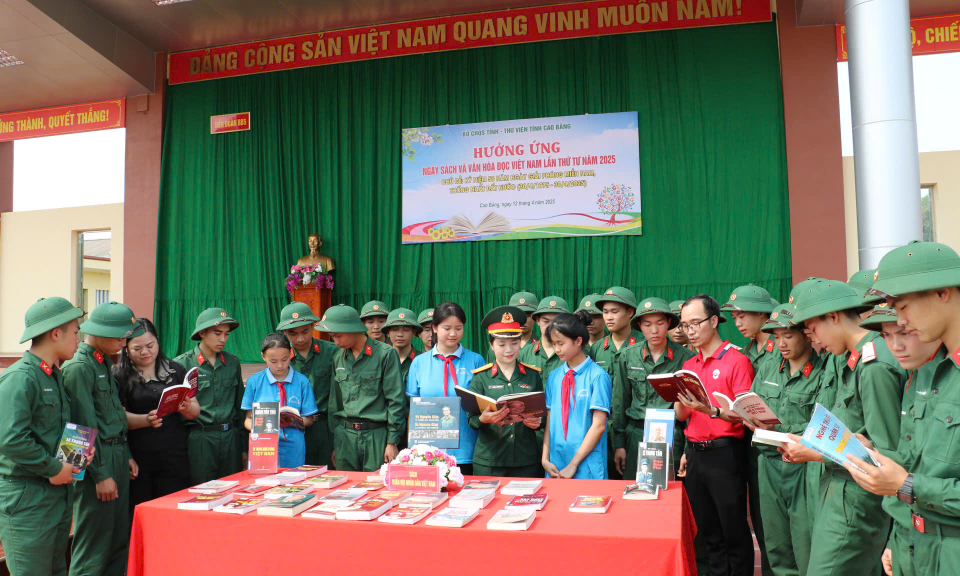












Comment (0)